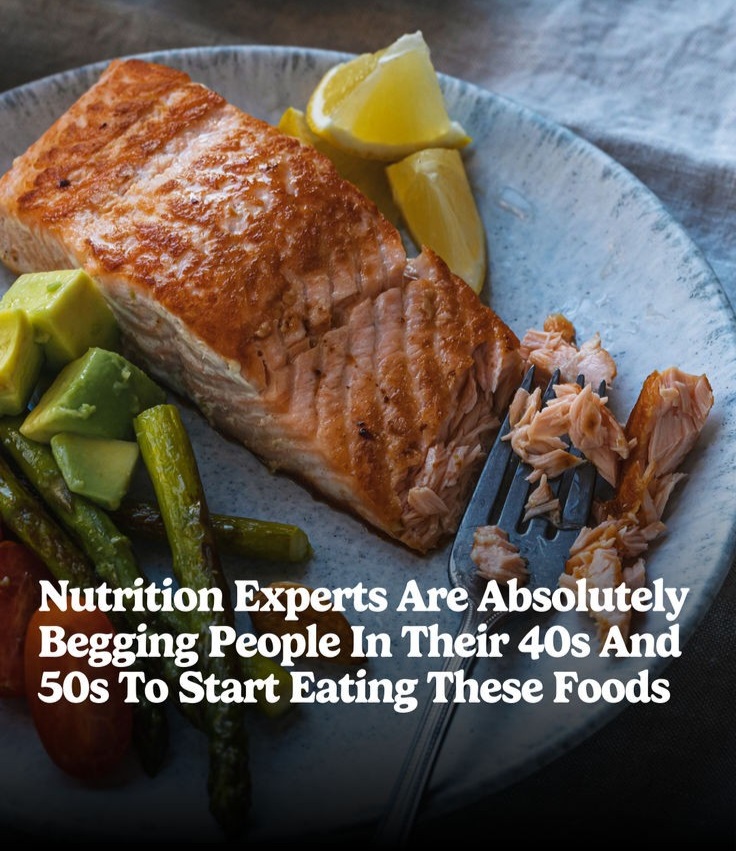If you like salmon or cottage cheese, you’re in luck!If you’re over 50 years old, you’ve probably noticed that food affects you a little bit differently than it did when you were younger. While a nightly bowl of ice cream used to be a delicious, harmless nightly staple, you might find that this habit now has a bigger impact on your health or makes you feel a certain way.It’s possible that your doctor has talked to you about eating in a way that promotes bone strength or keeps your blood sugar in check, and there’s good reason for that. As we age, our nutritional needs change, and the phrase “you are what you eat” becomes more relevant than ever before.Women see estrogen levels drop with menopause, which leads to a decrease in bone mass and an increased need for calcium-rich foods that can help stave off osteoporosis. And for both women and men, bodies lose the ability to produce insulin as easily over time, leading to blood sugar imbalances and the potential development of Type 2 diabetes. The metabolism slows down, too, particularly after age 60 — which means calorie-heavy foods are more likely to cause weight gain. And considering that heart disease is the No. 1 killer in the United States, eating a heart-healthy diet is key.We know, we know. We’re delivering a lot of depressing news here. With that in mind, certain foods can be beneficial when it comes to keeping age-related health issues at bay. Here, a geriatrician and registered dietitians share the top foods people over 50 should pick up at the grocery store.
1. Flavorful herbs like parsley, saffron or rosemary
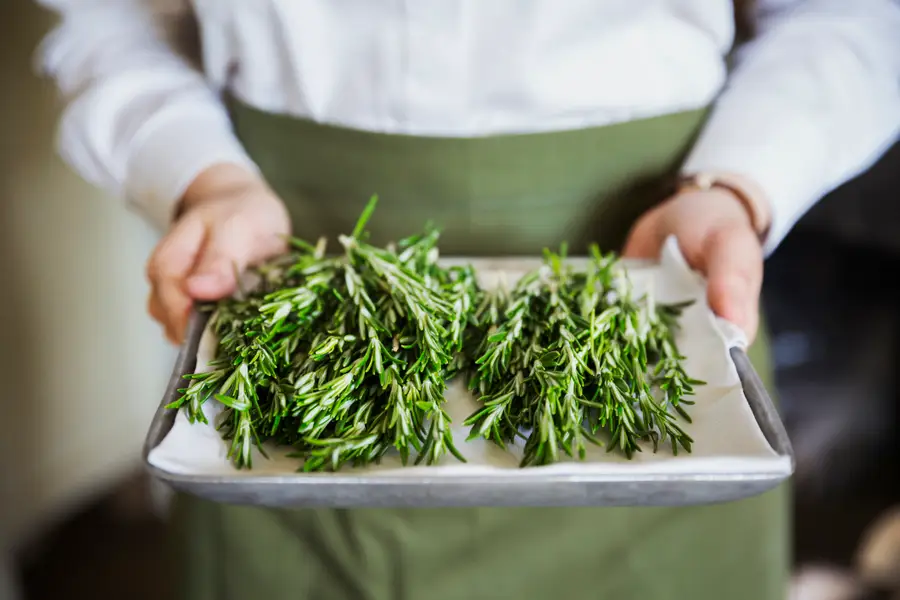
Because salt can contribute to high blood pressure, Dr. Nina L. Blachman, a geriatrician at NYU Langone Health, suggests limiting salt as much as possible. “Instead of salt, I recommend seasoning foods with herbs,” she said. Flavorful herbs like parsley, saffron or rosemary can go a long way when it comes to adding flavor to your food with little or even no salt.
2. Beans
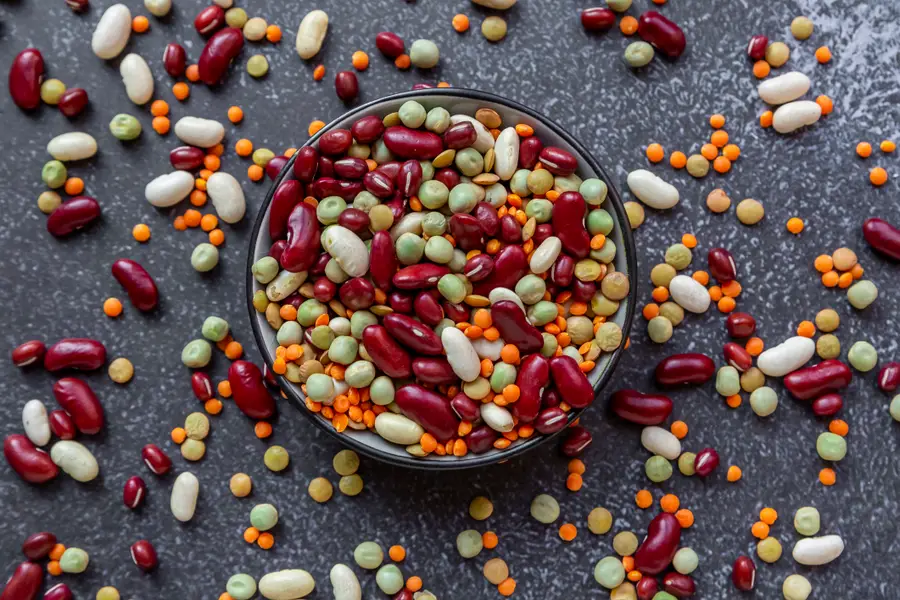
According to nutritionist Tara Tomaino, a registered dietitian, beans (think chickpeas, black beans, etc.) are a great option for people over 50.
“Whether canned or dried, beans are a great food to incorporate in the diet for people 50 and over,” she said. “Beans are a great source of fiber as well as plant-based protein. Fiber is a key nutrient for heart health, blood-sugar management and weight control. If purchasing canned beans, be sure to rinse and drain them to get rid of the packing liquid and excess sodium. Aim to eat half a cup of beans per day by adding them to salads or soups.”
3. Low-fat cottage cheese
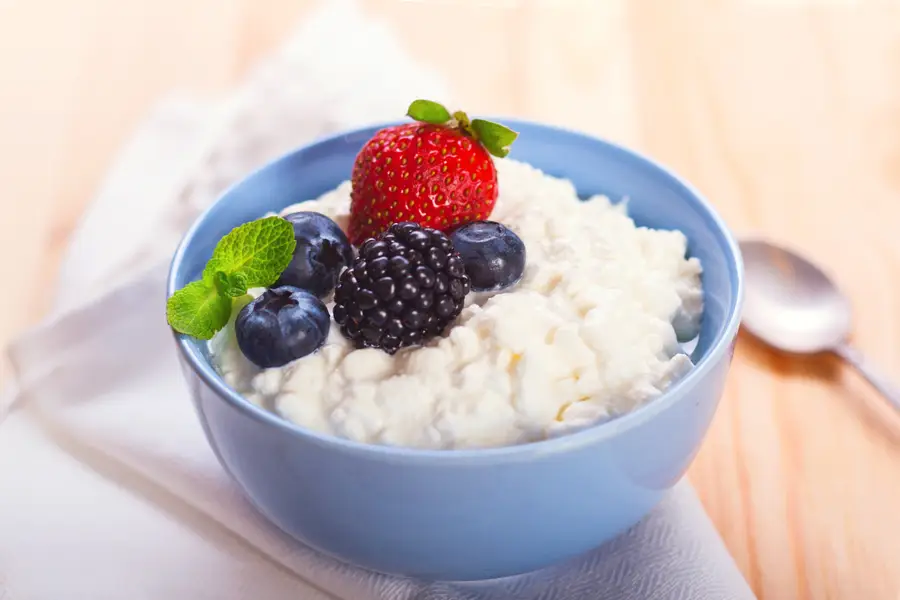
In case you haven’t heard, cottage cheese is making a major comeback — and luckily, Tomaino said, it’s a great option for people over 50.
“This high-protein food is a great choice for any meal of the day or even snacks,” she said. “Pair cottage cheese with fruit for a sweet and salty combo or blend into a dip to enjoy with fresh vegetables. Choose low-sodium or no-salt-added cottage cheese if high blood pressure is a concern
4. Dark leafy greens
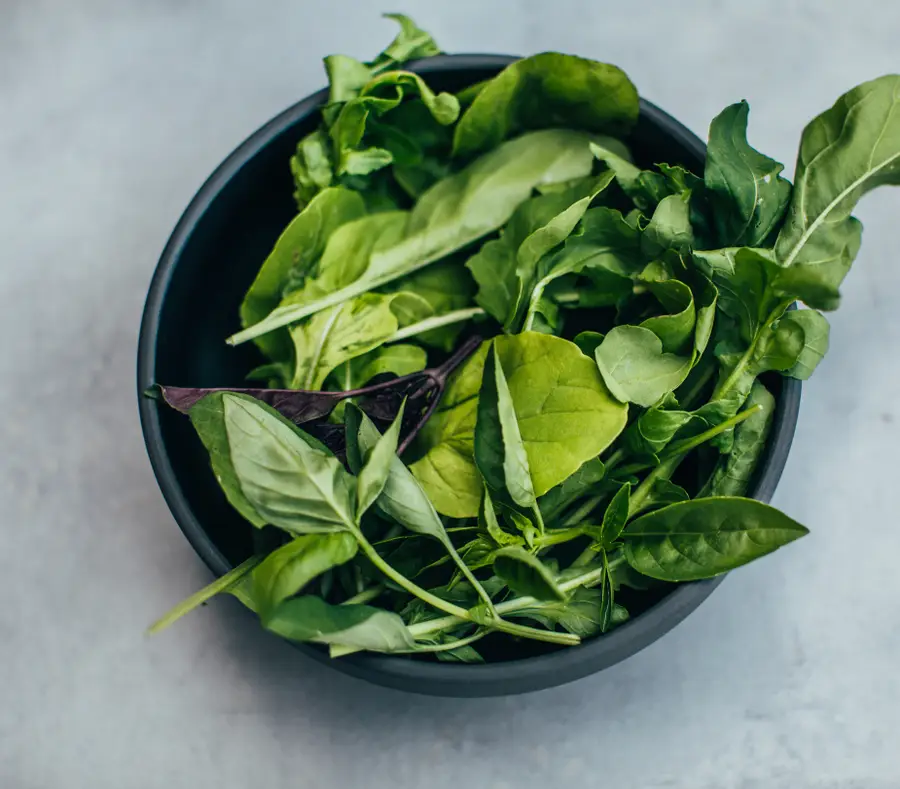
Choose from your favorite leafy greens, Tomaino suggests: spinach, kale, chard, collard greens and even broccoli.
“These vegetables are high in fiber, iron, magnesium, potassium and calcium, which are all crucial to heart health. Leafy greens are also low in carbohydrates and calories, making them an excellent addition to the diet if you are trying to manage weight and blood sugar
5. Salmon
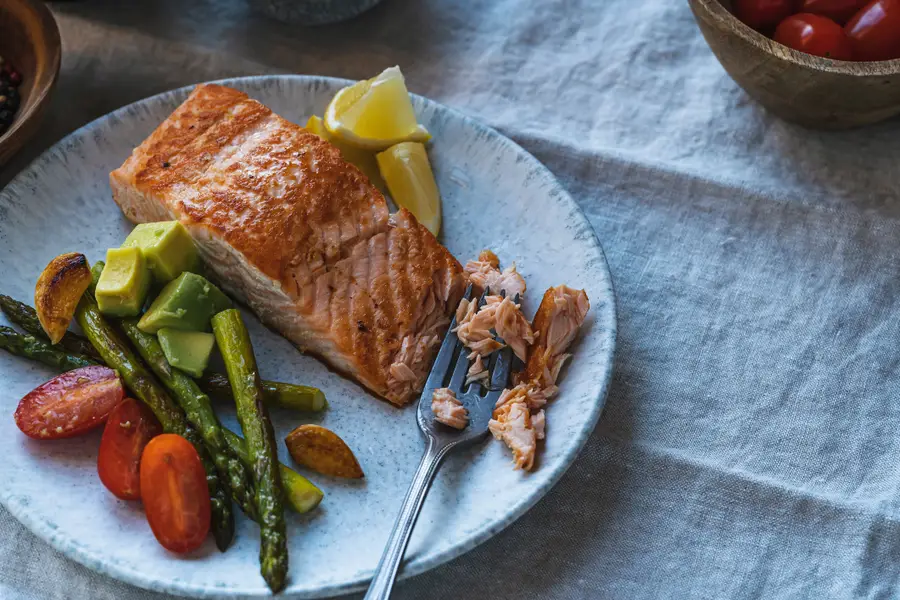
Salmon, ideally wild-caught, is a top food for people over 50 due to it’s omega-3 content, Tomaino said.
“Omega-3 fatty acids are beneficial to heart health and have also been linked to brain health,” she said. “Lower in saturated fat than red meat, salmon is a great protein choice to include in the diet at least once a week. Broiled salmon with veggies makes an easy weeknight sheet pan meal
6. Nuts and seeds
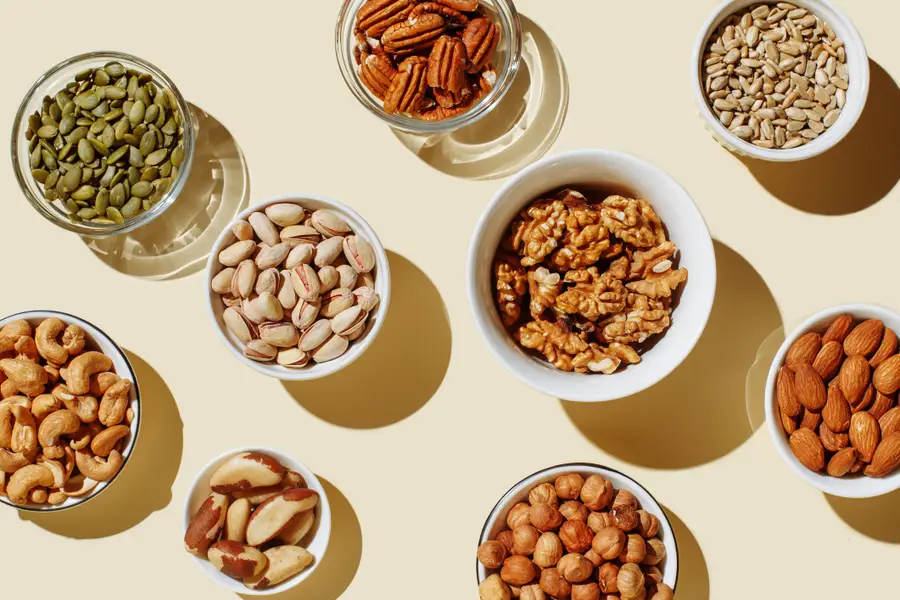
Almonds, walnuts, flaxseeds and chia seeds are rich in heart-healthy fats, fiber and essential nutrients, explained nutritionist Marine Melamed. “They can help maintain healthy cholesterol levels, support digestive health, and provide a source of plant-based protein,” she said.
7. Lean protein
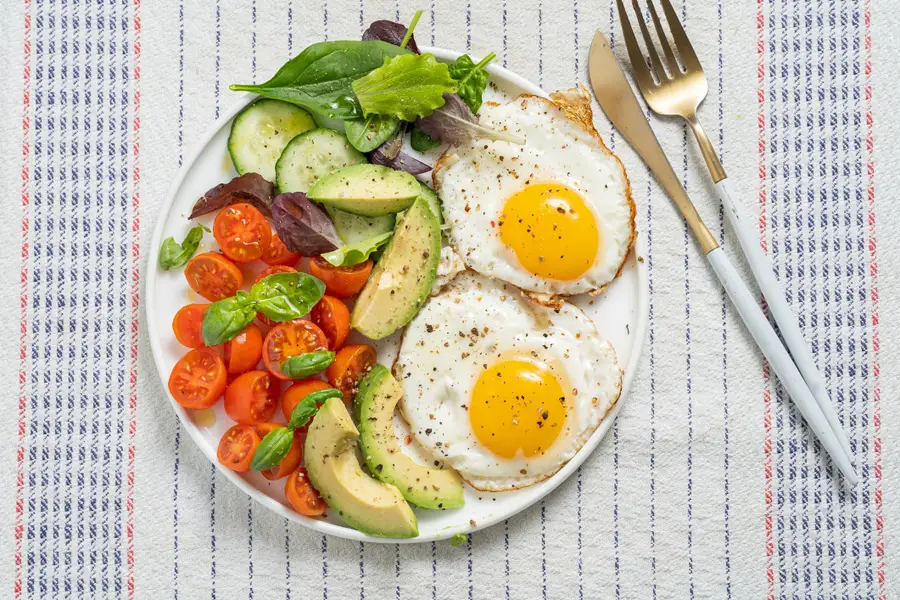
Skip the fatty cuts of meat and opt for lean cuts of chicken and turkey, or even eggs. “Lean sources of protein like poultry, lean cuts of meat, eggs and plant-based proteins (tofu, legumes, lentils) are essential for muscle maintenance, immune function and wound healing,” Melamed said.
While nutritional needs and limitations do become more complex as we get older, with a few simple diet tweaks you can come up with simple, delicious ways to modify your diet. So get that grocery list started!
